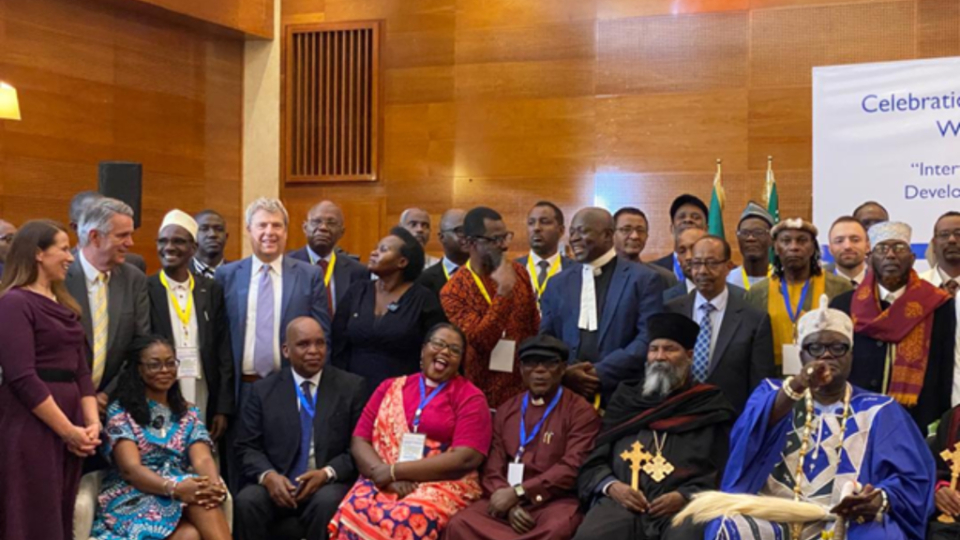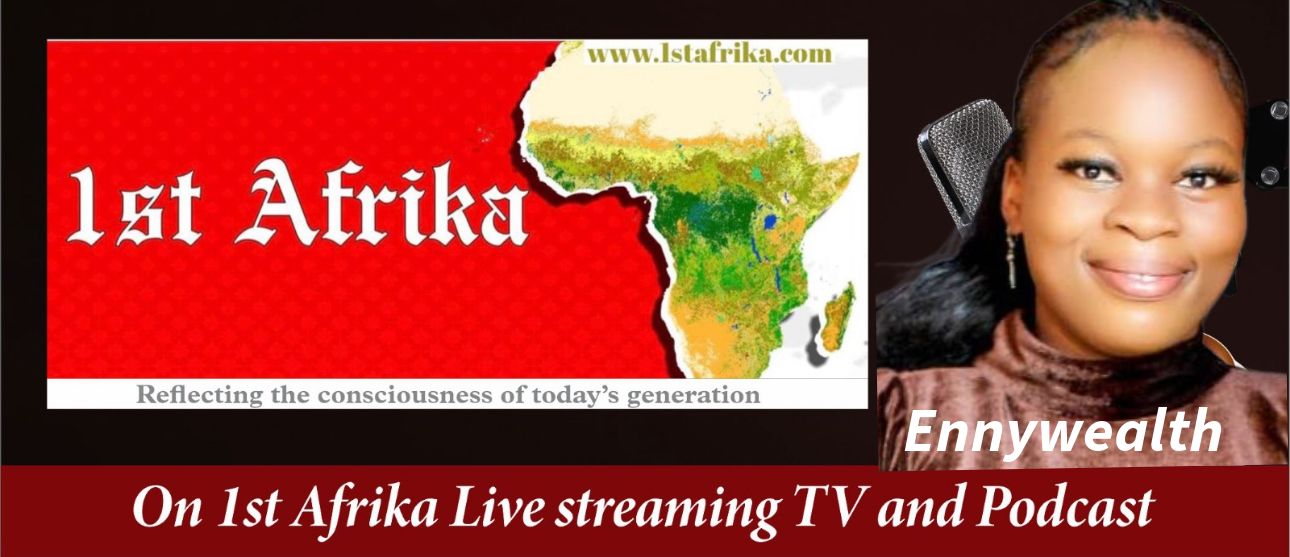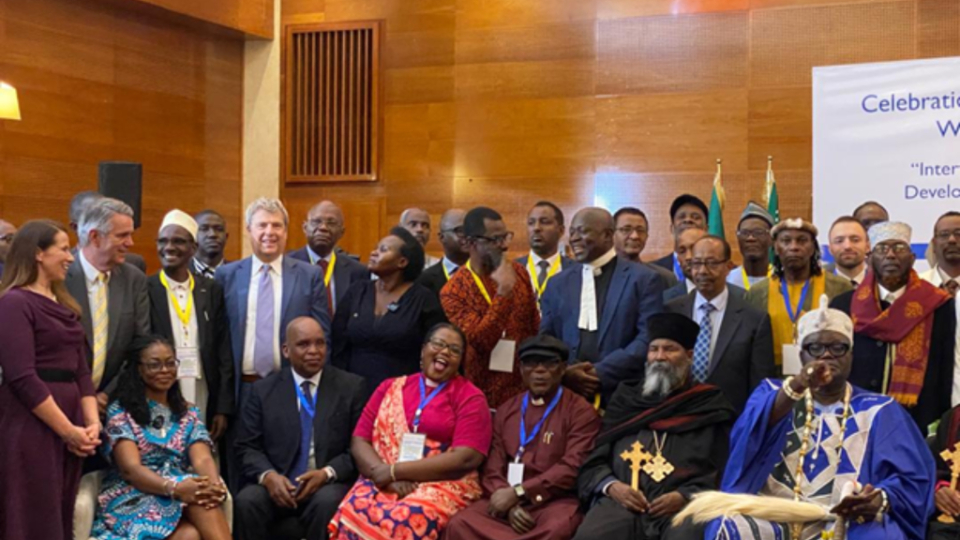 Addis Ababa, Ethiopia — Today, September 8, 2024, Addis Ababa is the focal point of a groundbreaking event as African leaders and religious figures converge for the Interfaith Peace Summit. Organized by the African Council of Religious Leaders (ACRL), this summit marks a significant moment in the continent’s ongoing efforts to promote peace and unity across diverse religious communities.
Addis Ababa, Ethiopia — Today, September 8, 2024, Addis Ababa is the focal point of a groundbreaking event as African leaders and religious figures converge for the Interfaith Peace Summit. Organized by the African Council of Religious Leaders (ACRL), this summit marks a significant moment in the continent’s ongoing efforts to promote peace and unity across diverse religious communities.
The summit brings together an impressive array of leaders from various faiths, including Ethiopian Orthodox Patriarch Abune Mathias, Nigerian Islamic scholar Sheikh Ibrahim El-Zakzaky, and South African Anglican Archbishop Thabo Makgoba. Their presence underscores the summit’s goal of fostering dialogue and collaboration between different religious traditions.
Key Objectives and Discussions
The Interfaith Peace Summit is centered around several key objectives:
Promoting Peace and Reconciliation: The summit will address ongoing conflicts within Africa, including those driven by religious and ethnic tensions. Leaders will discuss strategies for conflict resolution and reconciliation, drawing on their faith-based teachings and experiences.
Fostering Interfaith Dialogue: With the continent’s rich tapestry of religious diversity, the summit aims to enhance understanding and cooperation between different faith communities. Through panel discussions and workshops, participants will explore ways to bridge divides and build stronger, more inclusive societies.
Addressing Human Rights: A significant focus will be on human rights issues, including religious freedom and social justice. The summit seeks to reaffirm the commitment of religious leaders to uphold human rights and advocate for marginalized communities.
Highlights of the Summit
Opening Ceremony: The summit commenced with a ceremonial address by Ethiopian Prime Minister Abiy Ahmed, who emphasized the importance of religious harmony in achieving sustainable peace. His speech set the tone for a series of discussions aimed at addressing Africa’s pressing challenges.
Panel Discussions: The summit features a series of panel discussions with topics ranging from the role of religion in peacebuilding to the impact of interfaith initiatives on community development. Notable speakers include Sheikh Ibrahim El-Zakzaky, who will share insights on Islamic perspectives on peace and justice, and Archbishop Thabo Makgoba, who will address the role of Christian denominations in fostering social cohesion.
Workshops and Collaborative Sessions: Interactive workshops will allow participants to develop actionable strategies for implementing peace initiatives within their communities. These sessions aim to translate discussions into practical steps that can be taken at the grassroots level.
Closing Ceremony: The summit will conclude with the presentation of a joint declaration by the participating leaders. This declaration is expected to outline commitments to continued dialogue, collaborative peace efforts, and the promotion of religious tolerance across the continent.
Impact and Future Prospects
The Interfaith Peace Summit is more than just a gathering of leaders; it represents a concerted effort to address the root causes of conflict and promote a culture of peace across Africa. By bringing together influential religious figures from diverse backgrounds, the summit aims to set a precedent for future interfaith initiatives and contribute to long-term stability and harmony.
The outcomes of the summit are anticipated to have a significant impact on the continent’s approach to peacebuilding and religious tolerance. The joint declaration and collaborative projects that emerge from this event are expected to drive positive change, fostering a more inclusive and peaceful Africa.
As the summit progresses, it is clear that the commitment of Africa’s religious leaders to dialogue and cooperation will play a crucial role in shaping the continent’s future. Today’s events in Addis Ababa mark an important step toward a more harmonious and united Africa, driven by the shared values of peace and understanding.
Ennywealth



